Time:2024-11-05
On October 26, 2024, the 12th annual conference of the German Chinese Center for Environment and Energy Promotion (hereinafter referred to as "German Central Energy") was successfully held in Shanghai, China and Frankfurt, Germany. This year's annual conference is jointly organized by the German Central Energy and the Chinese Resources and Environment Society in Germany. The Jinan Environmental Platform provides a live streaming platform and support for the Shanghai venue, while the German branch of the European Times provides support for the Frankfurt venue. The annual conference aims to promote exchanges and cooperation between China and Germany in the fields of environment and energy, attracting numerous experts from academia and industry to participate and jointly promote sustainable economic and environmental development.
This annual conference was presented in the form of offline meetings and online live broadcasts, divided into two venues in Shanghai and Frankfurt. Guests shared their research results and industry insights through special reports and interactive discussions. At the Shanghai venue in China, Dr. Lu Fu from the Jilian Environmental Platform served as the host; The host of the Frankfurt venue in Germany is Director Tian Xue from Germany Central Energy.
At the beginning of the annual meeting, Dr. Zhou Kuangxin, the chairman of De Zhong Huan Neng, delivered a speech. He welcomed the participants from both venues and the online audience of the live streaming platform at the Shanghai venue, and thanked the Jilian Environmental Platform for its strong support of the annual meeting. Dr. Zhou reviewed the history and mission of Deutsche Welle since its establishment in 2013 in his speech, emphasizing the original intention and vision of promoting exchanges between China and Germany in the fields of environment and energy. Subsequently, President Zhang Kun of the Chinese Society for Resources and Environment in Germany expressed gratitude to all attendees at the Frankfurt venue and introduced the close cooperation between German Water and Chinese Water and the Chinese Society for Resources and Environment in Germany.
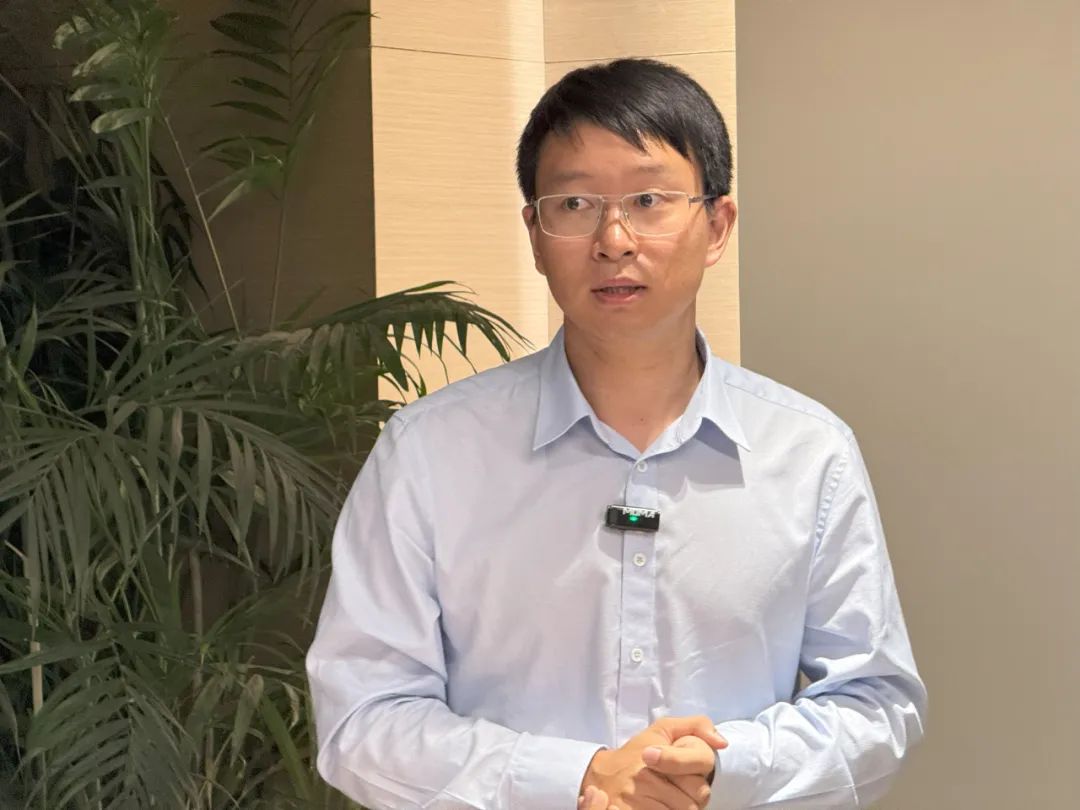
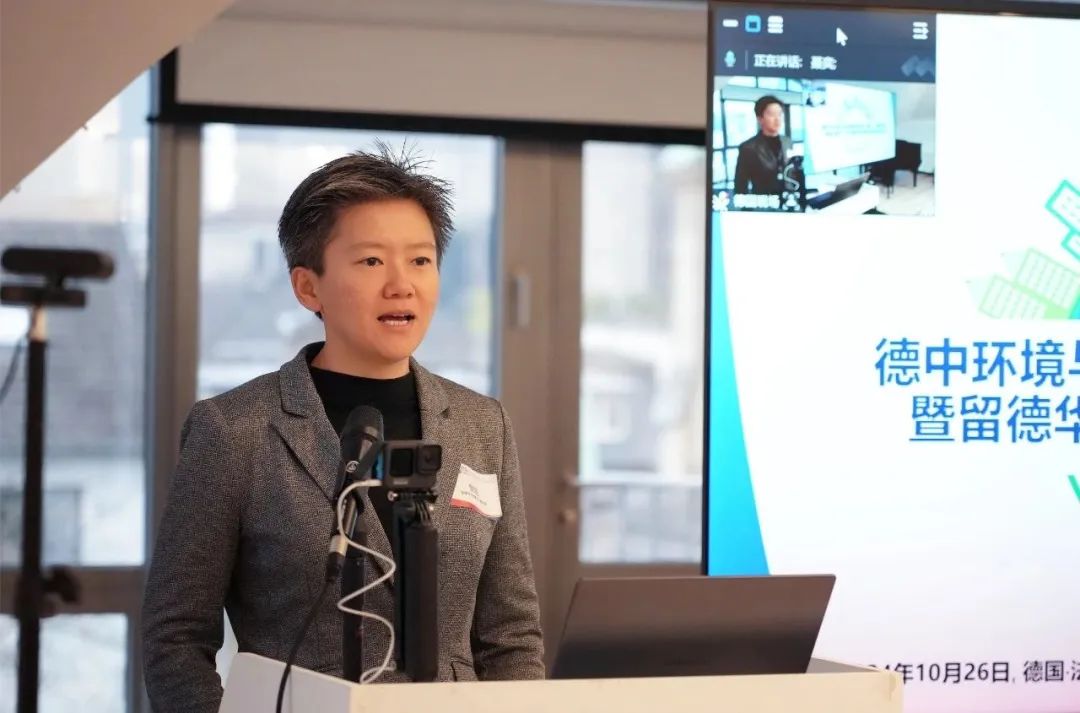
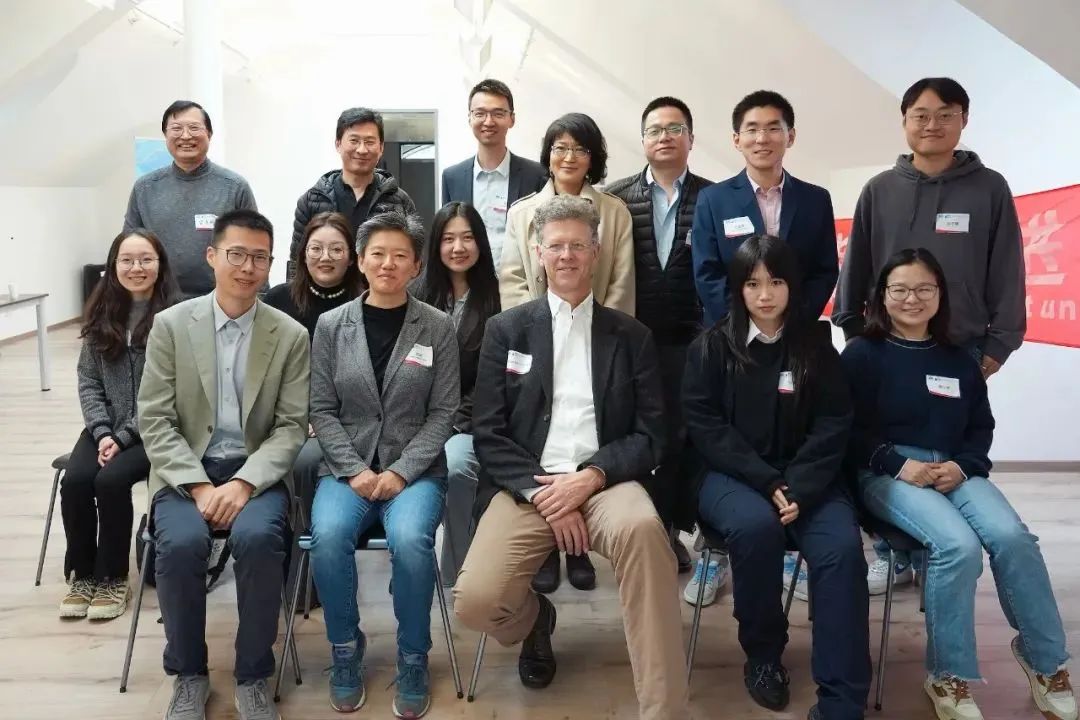
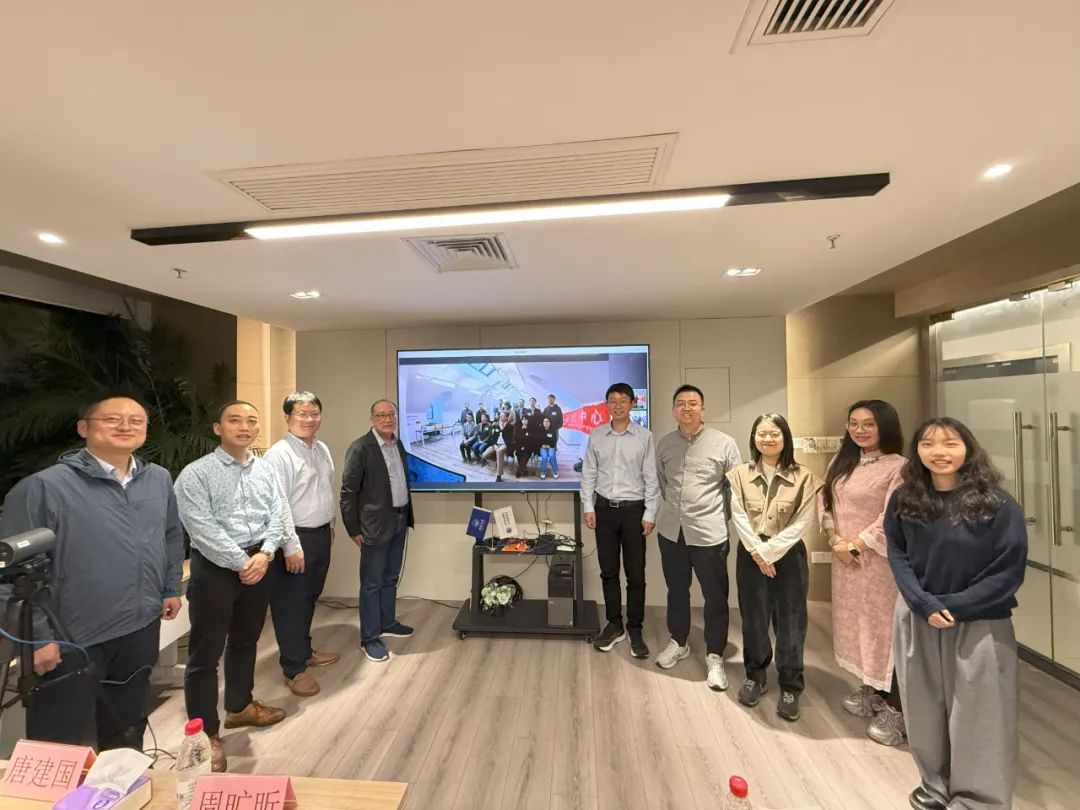
The four presentations of the first half of the annual meeting were held offline at the Shanghai venue. Firstly, Professor Tang Jianguo, part-time professor at Tongji University and chief engineer of Shanghai Urban Construction Design and Research Institute, shared the challenges faced by China's drainage network. Professor Tang's report focuses on improving the quality of China's urban drainage system, pointing out that the current pipeline network has problems such as the inability to properly store sewage, resulting in low sewage treatment efficiency. He compared the differences in rubber ring and pipe technology between Chinese and German drainage systems, and introduced the advantages of self compacting material backfilling technology in drainage pipeline construction and the importance of sealing tests. In addition, Professor Tang delved into the application of the "sponge city" concept, including methods such as road drainage channel and rainwater and sewage diversion renovation, and pointed out the limitations of end river interception and initial rainwater treatment methods.
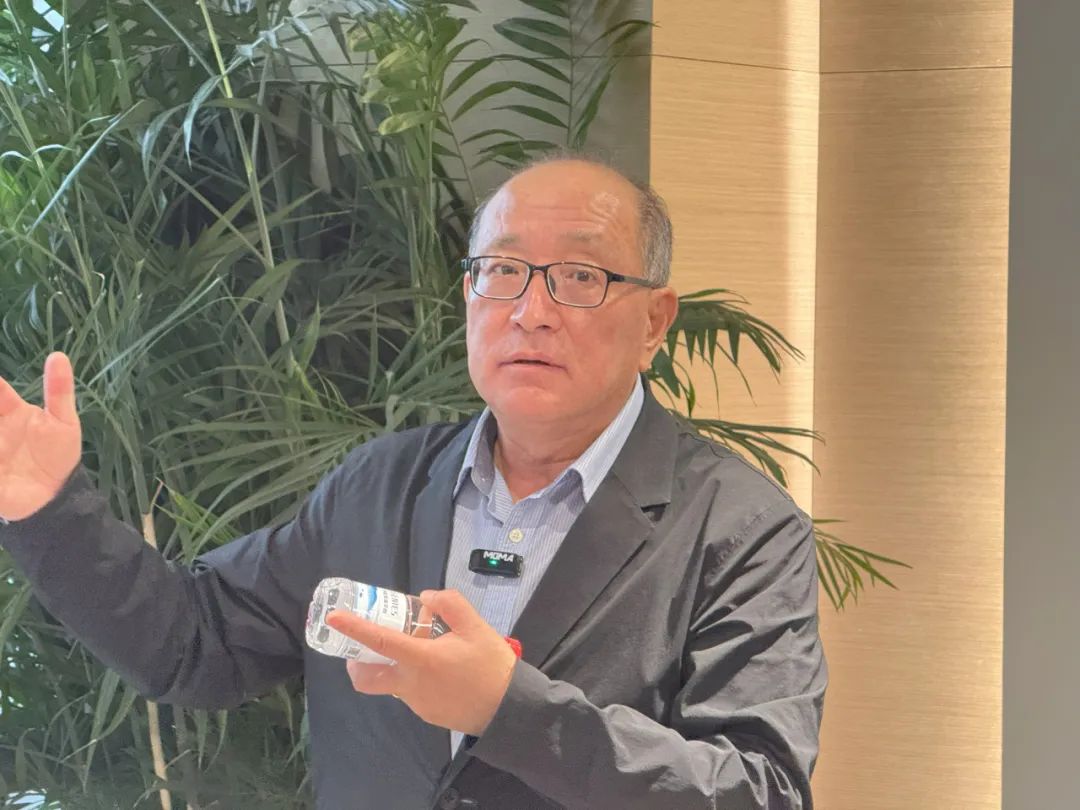
The second report of the annual meeting was presented by Associate Professor Zhuang Zhi, Deputy Director of the Building Intelligence major at the Sino German School of Engineering, Tongji University, with the theme of "Sharing on Interactive Design and Intelligent Operation and Maintenance of Low Carbon Building Environment". Associate Professor Zhuang's report focuses on achieving the goal of sustainable development of buildings in the context of climate change, and proposes specific paths for low-carbon development of buildings. He presented multiple low-carbon building design cases, including the design of active composite enclosure structures and the practice of zero energy public buildings, and deeply analyzed how to achieve interactivity and sustainability of the building environment through intelligent technology. Finally, Professor Zhuang provided a detailed introduction to the intelligent operation and maintenance of building facilities, and elaborated on the application of the Intelligent Internet of Things (AIoT) in building management, providing innovative ideas for building energy conservation and intelligent operation and maintenance, which won widespread attention from attendees.
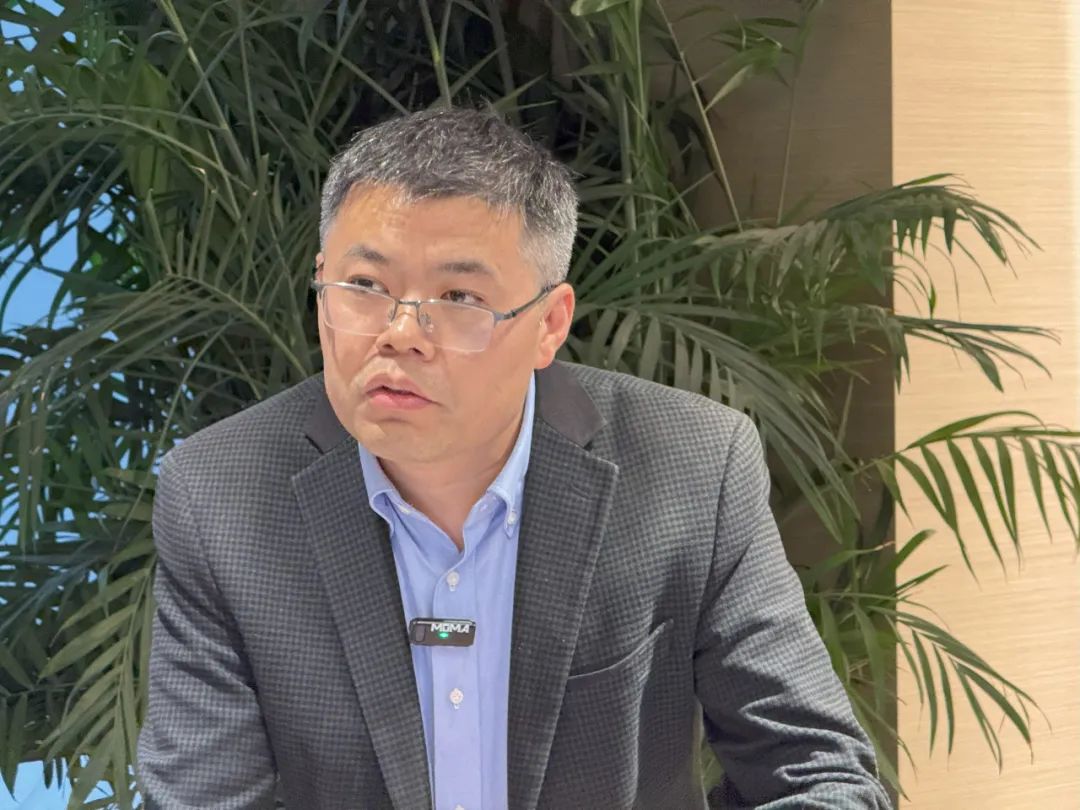
The third report was delivered by Dr. Hu Kang, associate researcher of Ganjiang Institute of Innovation, Chinese Academy of Sciences, with the theme of Difficulties and Challenges in Resourceful Treatment of High Salt Wastewater from Ionic Rare Earth Industry in China. Dr. Hu pointed out that the rare earth industry generates a large amount of high salt wastewater during mining and processing, and analyzed in detail the technical bottlenecks encountered in oil separation, precipitation, and evaporation processes. He shared the latest progress of Ganjiang Innovation Research Institute in oil separation technology, including efficient oil absorption and deep degradation removal technology. In addition, Dr. Hu introduced low-cost rare earth resource adsorbents applied in the precipitation process and demonstrated practical engineering application cases of these technologies, providing new directions for the environmental protection and resource utilization of the rare earth industry.
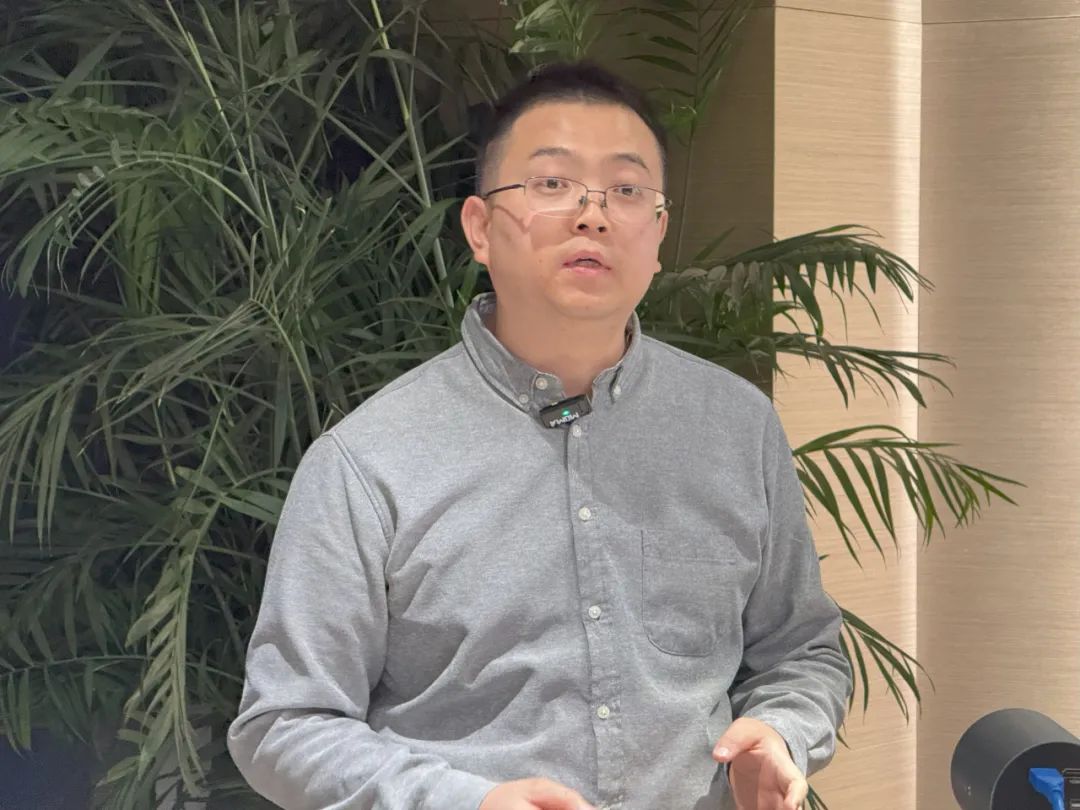
The fourth report was presented by Cai Shuwen, Chief Engineer of Guhong Environmental Protection Technology, with the theme of "Practice and Analysis of German Water Taihe Product Technology in China's Overflow Pollution Control". Cai Gong first introduced the case of the Mudan Garden rainwater control system in Tongchuan, detailing the park's rainwater drainage and low impact development system, municipal rainwater interception and pretreatment, end of pipe rainwater ecological regulation and wetland purification system, as well as deodorization and ventilation system. In addition, she also showcased the design of the horizontal subsurface wetland treatment system and the reclaimed water system, and shared the bathroom and outdoor water supply and drainage design of the park's supporting facilities. The report provides a large number of photos and videos of the construction site, vividly showcasing the actual details of the project. Subsequently, Cai introduced the initial rainwater storage project of Shanghai Taopu Sewage Treatment Plant, and finally demonstrated various products and technological applications of Shuitaihe.
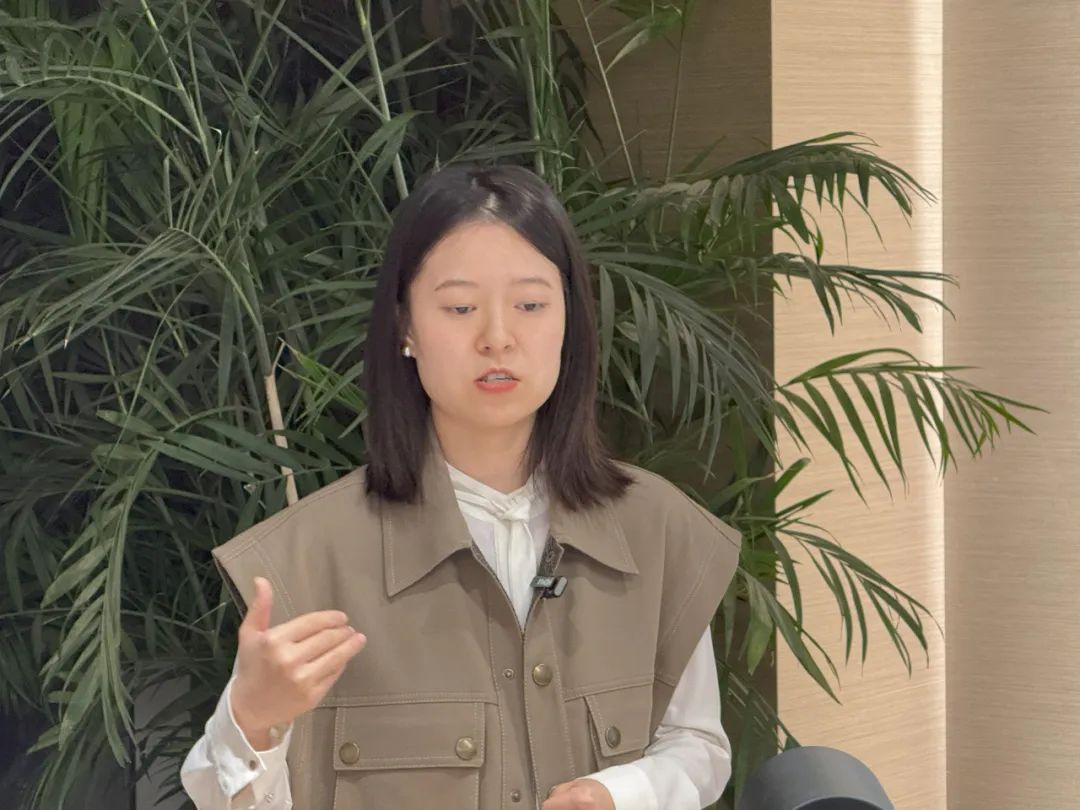
The second half of the annual event will be held at the Frankfurt venue in Germany. Mr. Roland Knitschky, the head of the International Exchange Office of the German Water Association (DWA), will present the fifth presentation on the topic of "Micro pollutant Treatment in German Wastewater". Mr. Roland Knitschky first introduced the basic situation of the German Water Association (DWA) and mentioned the cooperation agreement reached with the Chinese Water Association (CUWA) at the 2024 IFAT exhibition. He delved into the concept of micropollutants, the fourth step of water treatment process that extends traditional water treatment techniques, and emphasized the importance of this technology in removing micropollutants. Subsequently, Mr. Knitschky presented the distribution of German sewage plants that have installed the fourth step pollutant treatment facilities, while pointing out that economy remains the main factor limiting the widespread application of this technology.
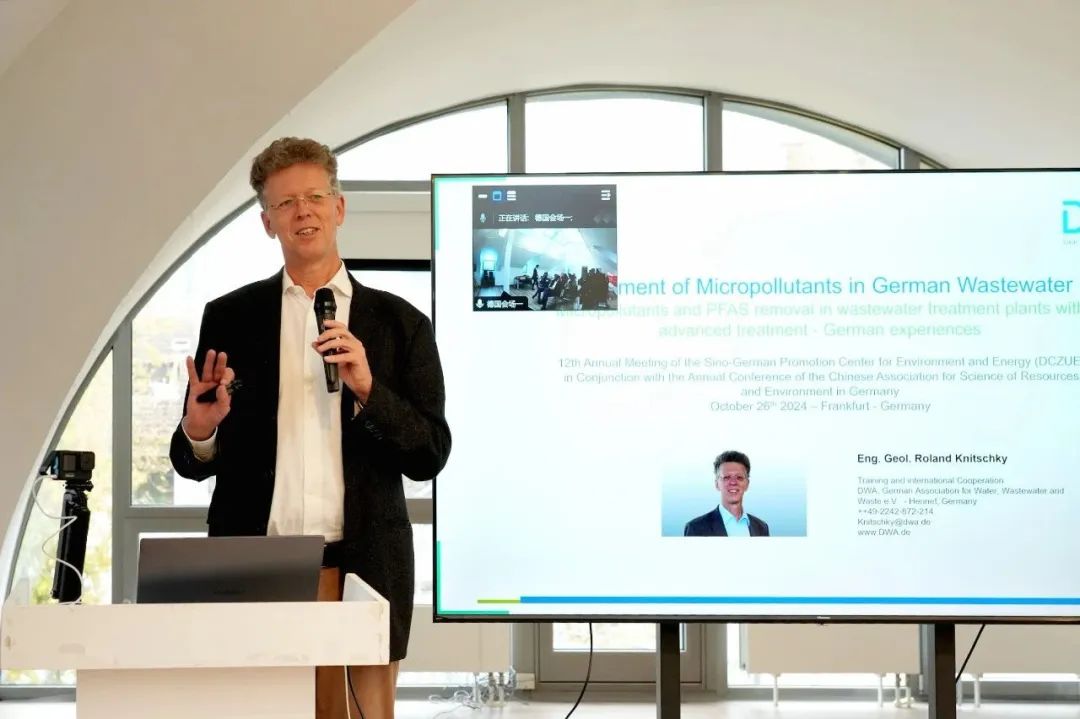
The sixth presentation was given by Mr. Klaus Jilg, General Manager of Unitechnics GmbH and member of DWA, with the theme of "Advanced Maintenance Technologies for German Drainage Networks". Mr. Jilg highlighted the application of drone detection and intelligent monitoring technology in the maintenance of drainage networks, showcasing the successful experience of Unitechnics GmbH in automation and digital management in recent years. He explained how to improve the efficiency and accuracy of pipeline maintenance by predicting and monitoring the status of the pipeline network through real-time simulation and rainwater radar. In addition, Mr. Klaus also introduced a series of drainage products from Unitechnik company and their organized summer camp activities, further demonstrating the measures of technology promotion and talent cultivation.
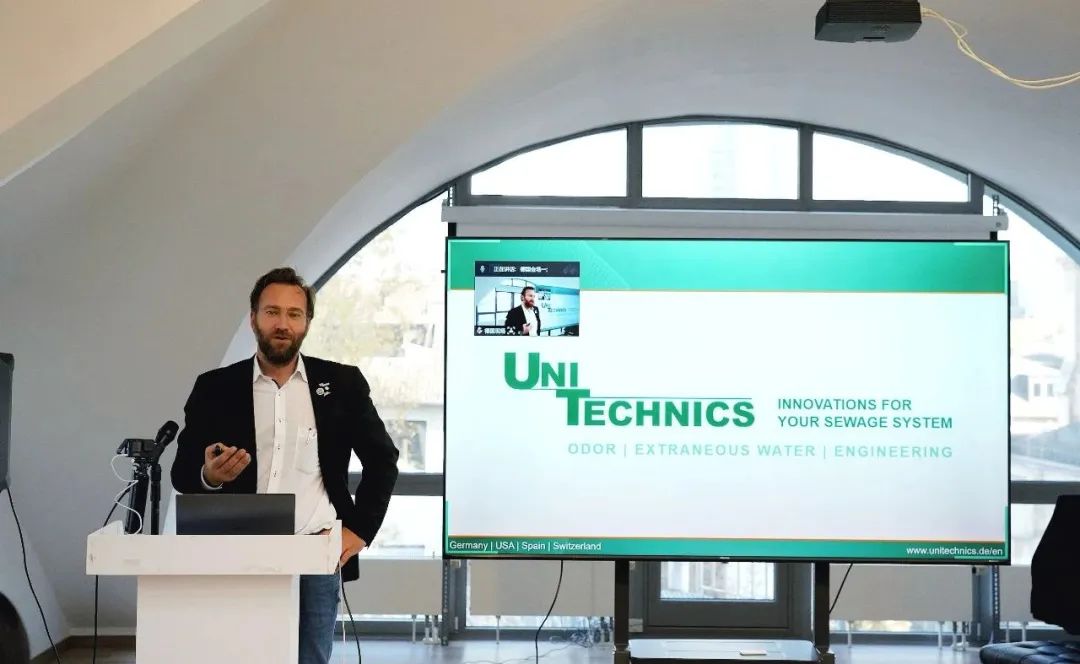
The seventh presentation was given by Dr. Luo Anqi, a doctoral student at the Helmholtz Environmental Research Center in Germany, with the theme of "The Impact of Climate Change and Urbanization on Aquatic Ecosystems", focusing on research observations of subtropical reservoirs and lakes. Luo Anqi first introduced the ecological phenomena of climate change and lake stratification, and then shared three representative cases. She first analyzed the impact of water level fluctuations caused by drought on dissolved oxygen in drinking water reservoirs, focusing on the changes in water level, water temperature, and hypoxia in Tingxi Reservoir from 2015 to 2020, and proposed suggestions for water level fluctuation management. In the study of urban landscape reservoirs, Luo Anqi used Xiamen Xinglinwan Reservoir as an example to reveal the impact of water level fluctuations, changes in algae quantity and oxygen content on aquatic ecosystems through the "dead fish event". Finally, she discussed the goals of black and odorous water treatment in Wuhan, introduced the "Urban Water System 5.0" theory and monitoring software, demonstrated advanced urban water quality management concepts, and proposed new ideas for urban water treatment.
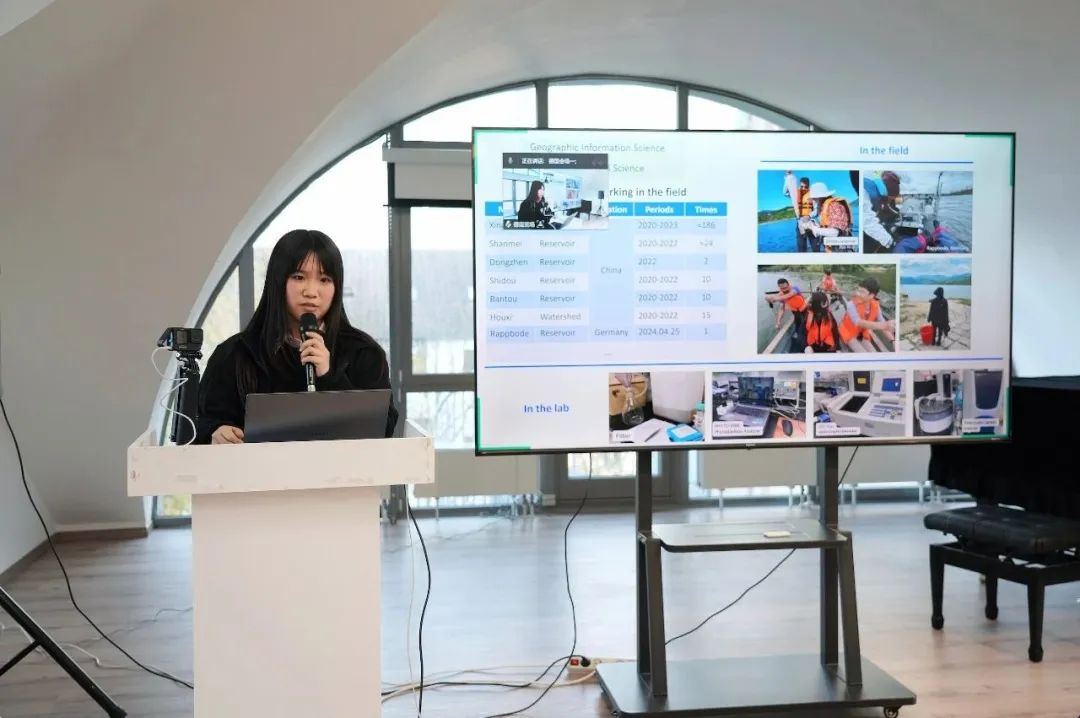
The eighth report was brought by Yu Ke, a doctoral student jointly trained by Xi'an Jiaotong University, with the theme of "Application and Prospect of Wireless Passive Sensing Technology in Energy Internet". He introduced that this technology does not require batteries and utilizes energy such as light and heat in the environment for data transmission, which has the advantages of long lifespan and low power consumption. The report demonstrates the potential application of wireless passive sensing in smart homes, industrial detection, environmental monitoring, and power systems, particularly through self powering through temperature difference power generation. With the development of the Internet of Things and smart cities, this technology has broad prospects in optimizing energy use and reducing energy waste, but still faces challenges such as miniaturization and durability.
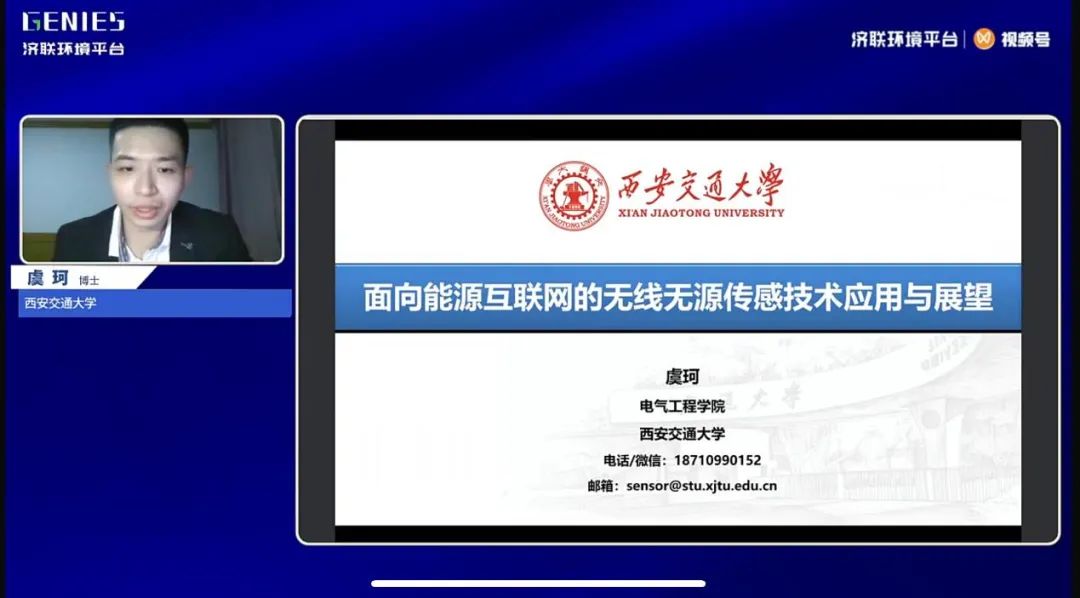
At the end of the annual meeting, an interactive discussion session was arranged at the Frankfurt venue, where experts and scholars participated in in-depth discussions on different themes of energy and environmental protection, providing valuable references and directions for further Sino German cooperation in the field of environment and energy in the future.
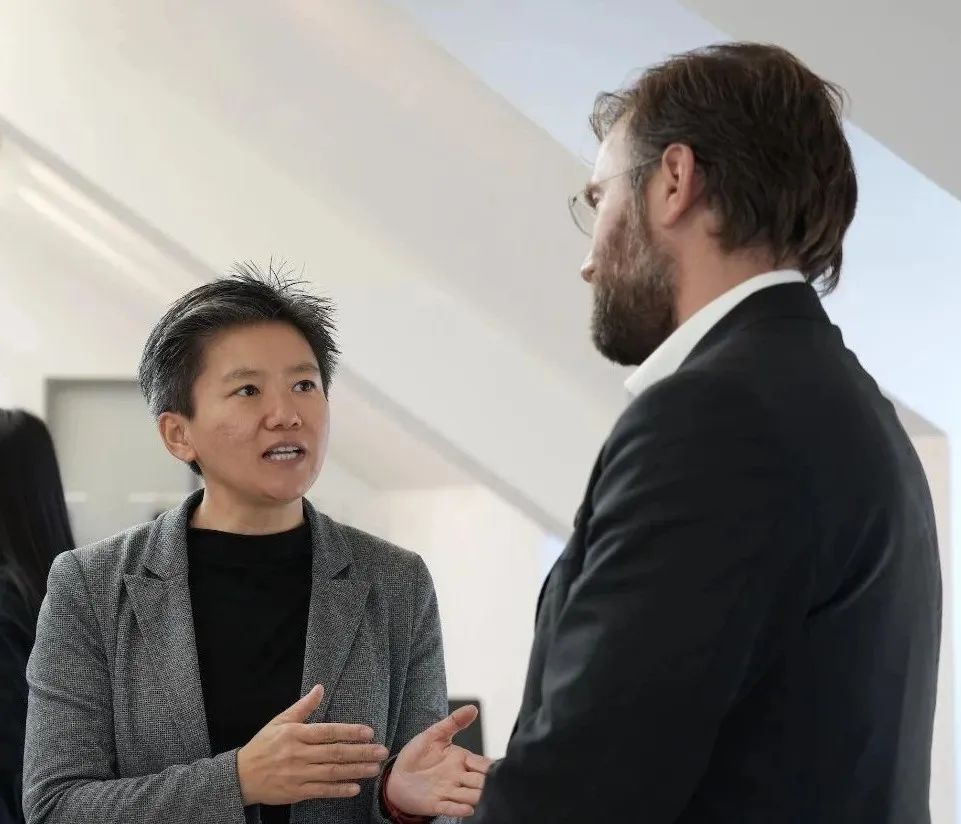
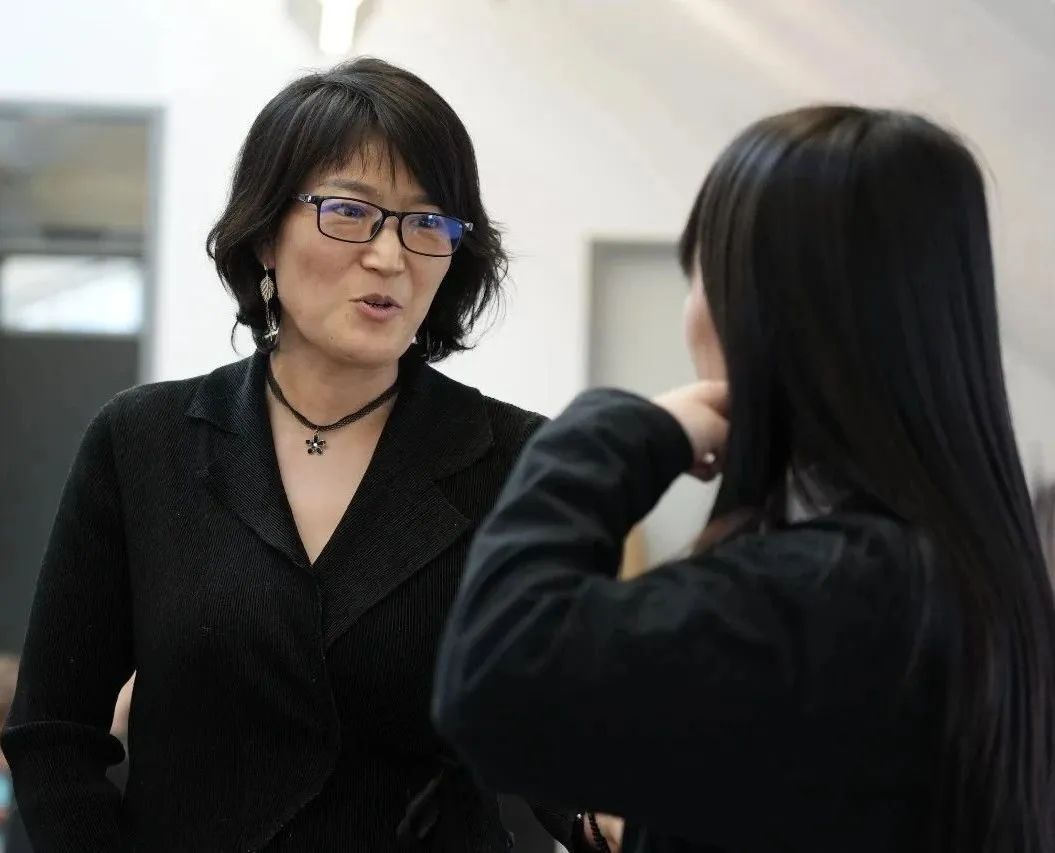
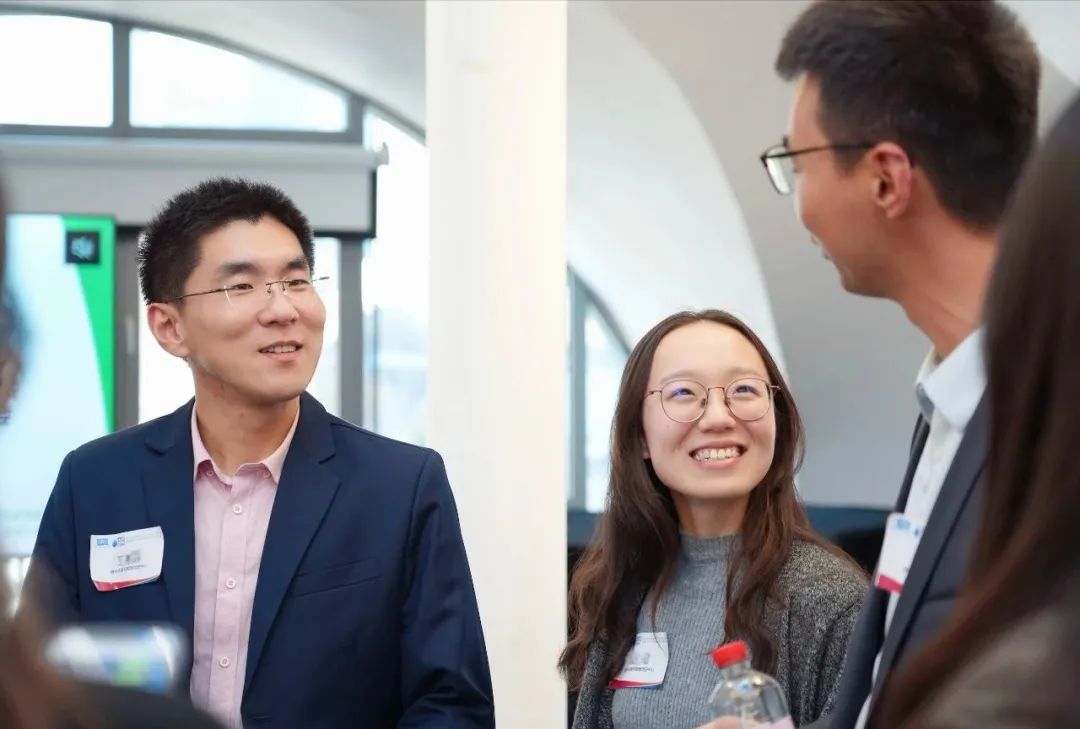
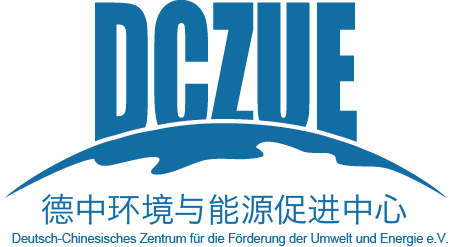
Promoting environmental technology innovation and establishing international cooperation platforms have become an indispensable part of the development of China's environmental protection industry. The German Chinese Center for the Promotion of Environment and Energy (Court Registration No.: VR32822B), Established in the German capital Berlin in 2013. Intended to unite German and Chinese entrepreneurs and scholars, providing a platform for exchange between the governments, enterprises, and research and development institutions of Germany and China, in order to strengthen Sino German cooperation, promote advanced technologies, and promote sustainable development for both sides.